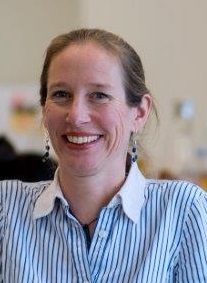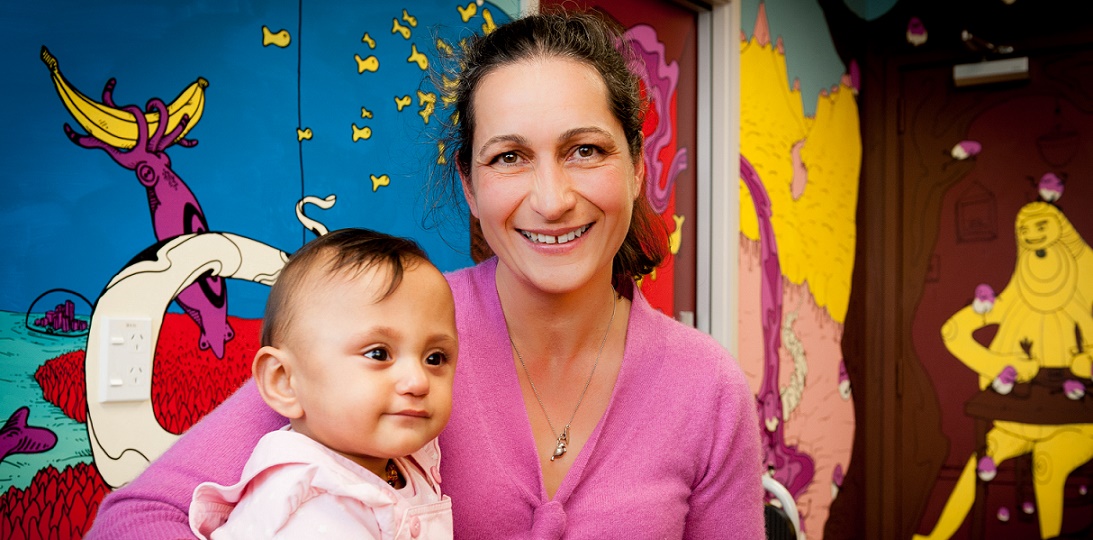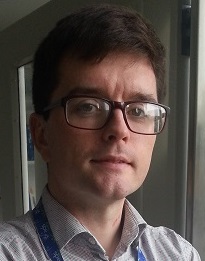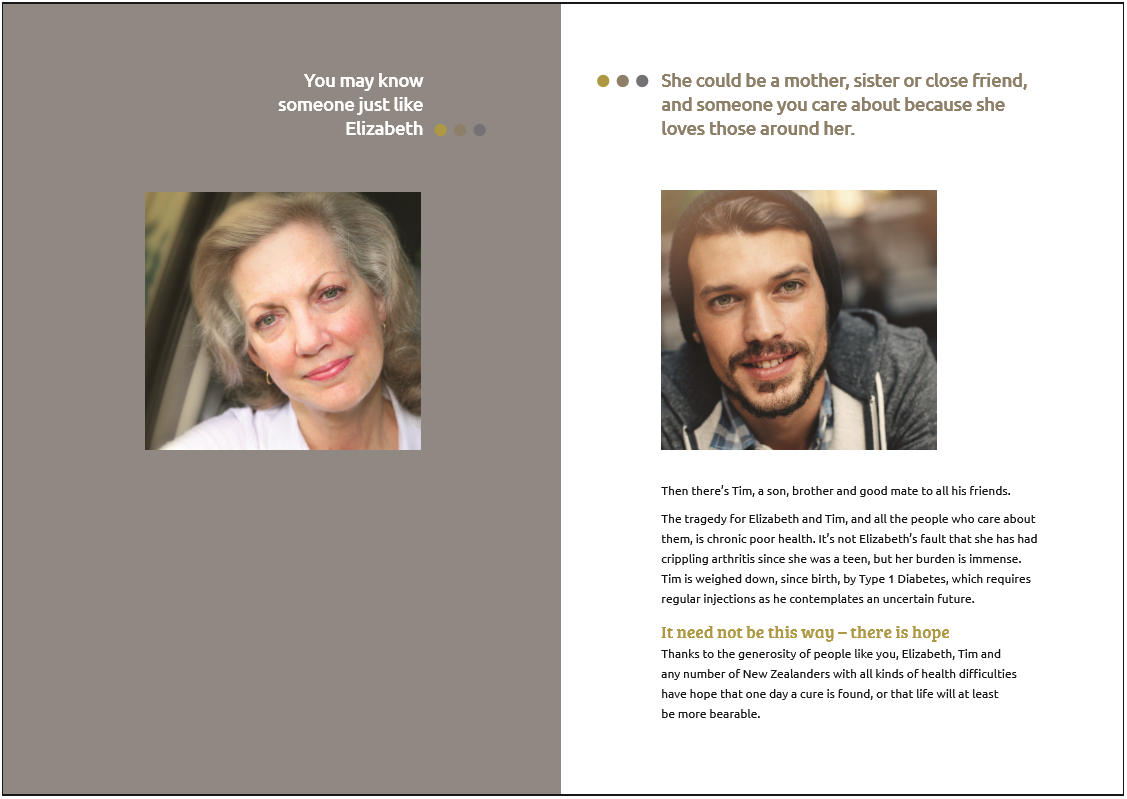Fundamental medical research is by far the best pathway to creating both preventative strategies and treatments that transform people’s lives.
In the past 100 years research has delivered a much better quality and quantity of life for New Zealanders, but the needs are still great and the mission to save lives and improve people’s lives is never complete.
Research For Life funds work across many medical areas, including research into the basic understanding of cancer, kidney disease and conditions of particular concern in the Wellington region, such as asthma.
Our mission is to support innovative quality research with a focus on funding researchers in the early stages of their careers.
Young talented researchers are passionate about advancing understandings that promise to uncover discoveries that will really help people. That’s a powerful force when combined with the supervision of experienced medical research professionals in institutions such as at the School of Medicine, Wellington Hospital, Victoria University of Wellington and the Malaghan Institute of Medical Research.
Meet 3 talented researchers
Dr Anne La Flamme: Taking on multiple sclerosis
 New Zealand has one of the highest frequencies of multiple sclerosis (MS) in the world. It’s a devastating disease for sufferers, families and the community because it causes a life-long accumulation of disability leading to a very low quality of life and can eventually result in paralysis.
New Zealand has one of the highest frequencies of multiple sclerosis (MS) in the world. It’s a devastating disease for sufferers, families and the community because it causes a life-long accumulation of disability leading to a very low quality of life and can eventually result in paralysis.
Immunologist and medical researcher at Victoria University’s School of Biological Sciences Dr Anne La Flamme is driven by the need to help people with MS and unlock the mysteries of how the immune system attacks the central nervous system to severely impact the brain or spinal cord.
Anne La Flamme says, “what makes this (the medical research) even better is that what we find will have an impact on people’s lives. It will make their lives better.”
Dr Max Berry: Preterm babies cry for help

Neonatal research for many years focussed on the immediate challenge of caring for a preterm or unwell baby. Over time, advances in neonatal care have given hope to even the smallest and sickest baby.
Dr Max Berry is at Wellington Hospital’s Department of Paediatrics and Child Health and researching at the University of Otago, Wellington. She is seeking to understand the birth and newborn environment for children to see if it can be altered for better outcomes.
Max says, “Our goal is to help children born preterm, or with complications, achieve their full potential to live healthy normal lives. We are finding answers where we push the boundaries of understanding and continue to develop strategies to care for the sickest and most vulnerable children.
“It’s about hope, about creating a better future for babies that have already gone through tremendous challenges.”
Dr Brian Corley: High risk type 2 diabetes
 Type 2 diabetes harmful health effects can slowly build for years until full-blown complications, such as vision loss, heart disease, or foot problems threaten lives and the quality of life.
Type 2 diabetes harmful health effects can slowly build for years until full-blown complications, such as vision loss, heart disease, or foot problems threaten lives and the quality of life.
Moreover the increasing number of sufferers in New Zealand (and world-wide) is a rolling tidal wave crisis that is becoming a national burden.
Brian Corley is a Wellington Hospital clinician and diabetes researcher at the University of Otago, Wellington. He sees real urgency to the investigation of diabetes and its treatment.
“My role is to contribute to the relief of diabetes for individuals. But I also hope I can contribute to improvements in the high rates of diabetes at a national level,” Dr Corley said.
With your help ... there is hope
Wealth and a good life are meaningless if serious illness strikes a loved-one down.
Through the work of talented young researchers, Research For Life is advancing the quality of healthcare in the Wellington region and beyond. It’s also supporting their education and making an investment in exceptional talent for the future – that’s good for the wellbeing of people and our innovation economy.
By working with us on some significant health problems, you help us to make it possible for people to live healthier, longer and more fulfilling lives.
Funding can even be responsive to the areas where donors wish support to go, while experienced professionals ensure it is invested where there are genuine merit and discovery opportunities.
Help us continue to support this good work.




